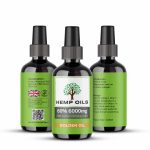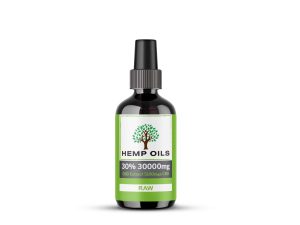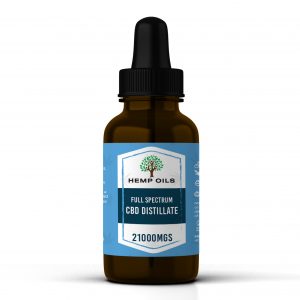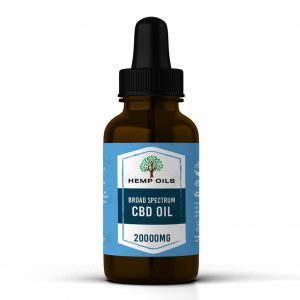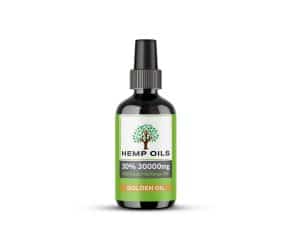Hemp oil has gained significant popularity in recent years due to its potential health benefits and versatility. However, with the growing number of hemp oil products available in the market, it can be challenging to determine which one suits your needs the best. To ensure you make an informed decision, it is essential to understand the basics of hemp oil, key factors to consider, how to decode the labels, and how to evaluate the quality. This article will guide you through these important aspects of choosing hemp oil.
Understanding the Basics of Hemp Oil
Hemp oil, also known as hempseed oil, is derived from the seeds of the hemp plant. It should not be confused with CBD oil, which is extracted from the flowers, leaves, and stalks of the hemp plant. Hemp oil is rich in essential fatty acids, such as omega-3 and omega-6, and contains various vitamins and minerals. It is known for its potential health benefits, including supporting heart health, improving skin conditions, and aiding in digestion. Understanding the basics of hemp oil ensures that you have a solid foundation before diving into the selection process.
Key Factors to Consider When Choosing Hemp Oil
When choosing hemp oil, there are several key factors to consider. First and foremost, it is vital to understand your intended use for hemp oil. Are you seeking a dietary supplement or an oil for topical application? This will help determine the appropriate type of hemp oil to choose. Additionally, you should consider the extraction method used, ensuring it is free of harmful chemicals. The source of the hemp, whether it is organic or non-GMO, is also crucial in determining the overall quality of the oil. Lastly, it is beneficial to read customer reviews and consider the reputation of the brand to ensure you are purchasing a reliable product.
Decoding Hemp Oil Labels: What to Look For
Decoding hemp oil labels can be a daunting task, as they often contain various terms and information. Firstly, you will want to look for the CBD content, as some hemp oils may have higher CBD levels than others. If you are looking for a product with minimal CBD, ensure the label specifies "CBD-free" or "CBD isolate." Additionally, check for the THC content to ensure it is within legal limits. Other important information to look for includes the type of hemp oil, the extraction method used, and any third-party lab testing results.
Evaluating the Quality of Hemp Oil: A Comprehensive Guide
To evaluate the quality of hemp oil, there are several factors to consider. Firstly, check the color and consistency of the oil. High-quality hemp oil should have a clear or slightly greenish color and a smooth consistency. The aroma should be natural and pleasant. It is also essential to examine the packaging for any signs of tampering or damage, as this can affect the quality of the oil. Another crucial factor is the origin of the hemp used. Look for hemp oil sourced from reputable regions known for their high-quality hemp cultivation. Finally, consider the price. While high-quality hemp oil may be slightly more expensive, it is often worth the investment for superior results.
In conclusion, choosing the right hemp oil requires a basic understanding of its composition, careful consideration of key factors, decoding labels, and evaluating quality. By following these guidelines, you can ensure that you select a hemp oil product that aligns with your needs and preferences. Whether you are seeking its potential health benefits or incorporating it into your daily routine, a well-informed decision will contribute to a positive hemp oil experience. Remember to consult with a healthcare professional before adding any new supplement to your routine.
